The Senate unanimously passed the Coronavirus Aid, Relief and Economic Stimulus (CARES) Act on Wednesday evening. If enacted, the bill should benefit many ISPA members. It includes roughly $2 trillion in an array of benefits, including small business loans, expanded unemployment benefits, direct cash to Americans, hospital aid and aid for corporations struggling due to the COVID-19 outbreak. The House is expected to take up the bill today.
Small Business Loans
The bill would provide support for small businesses and non-profits, allocating over $350 billion to the Small Business Administration to expand eligibility for loan guarantees and grants for small businesses. Small businesses, non-profits and veterans’ organizations with fewer than 500 employees will be eligible to apply for loans of up to $10 million. Recipients may use the loans to fund payroll and salary, mortgage payments, utilities and to pay any debt obligations. The amounts that businesses spend on these costs in the first 8 weeks can be fully forgiven if the recipient maintains prior year employment and pay.
On a related note, the bill provides $150 billion to state and local governments that have incurred large revenue hits from virus-related shutdowns including a loss in tax revenue. Many states could use this money to buy supplies needed to deal with the pandemic.
Expanded Unemployment Benefits
The CARES Act would expand unemployment benefits to cover self-employed workers, freelancers and independent contractors. Unemployment eligibility could be lengthened by 13 weeks and weekly benefits would increase by $600 for four months. Employees receiving paid sick leave or other paid leave benefits would be ineligible to receive these unemployment benefits.
Checks for Millions of Americans
The bill intends to provide one-time payments of up to $1200 to many Americans and $2400 to couples that file jointly. Parents will receive $500 per child under 17. This benefit will begin to phase out for individuals making over $75,000 (married couples making over $150,000), becoming zero for individuals making over $99,000 (joint filers making over $198,000).
Other highlights include support for hard hit industries (including $500 billion to airlines) and $100 billion to hospitals.
* * *
The legislation must still pass the House and be signed into law by the President. The House has been on recess and members are quickly returning to Washington with the hope that the bill can be passed today. It is unclear at this time, however, if some members of the House will attempt to change provisions in the Senate bill. If that happens, the bill’s enactment could be delayed.
We will provide updates as the situation develops.


